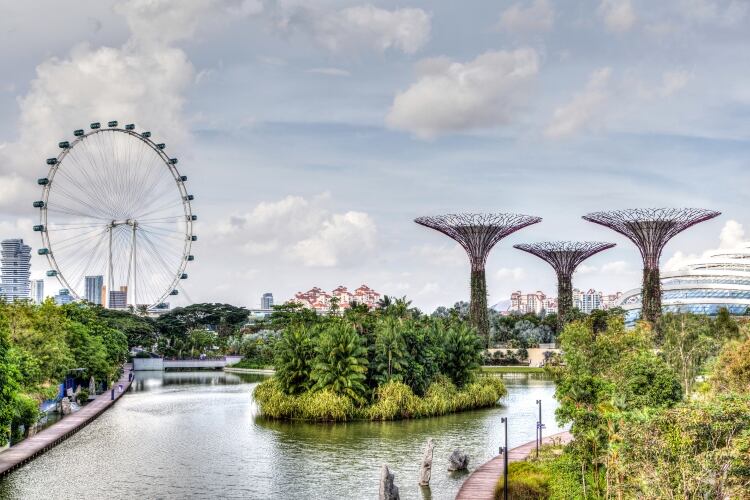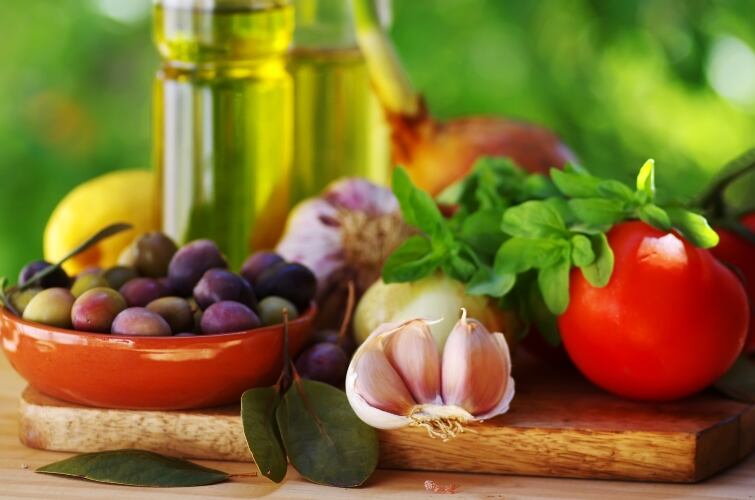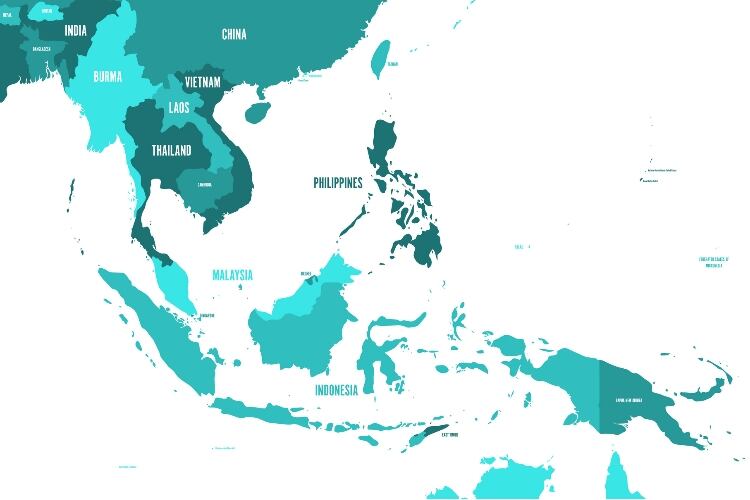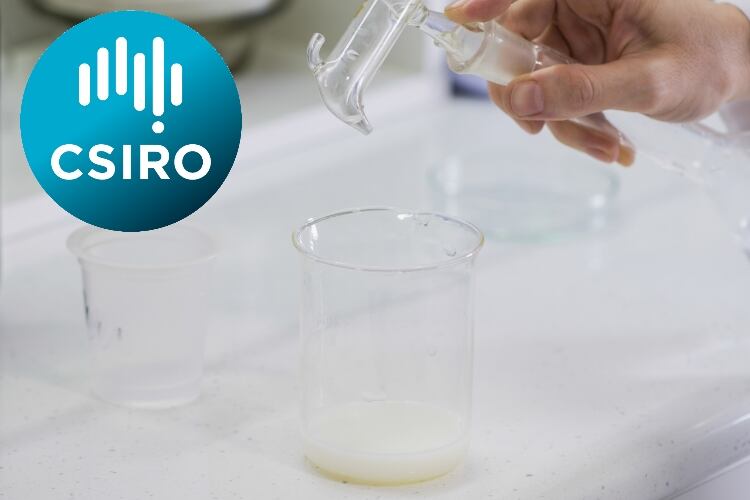The bid was for a greenfield site alongside Dairy Farm Road on the foothills of Bukit Timah, which had once been the location of the Singapore Dairy Farm. Founded in the Thirties, it occupied 60 acres and was built to provide fresh pasteurized milk for the children of expatriates.
The first ever tropical dairy farm was developed by the boss of the Singapore Cold Storage Company, which went on to become Cold Storage, a regional supermarket major. Under managing director Fred Heron’s watch, the farm eventually provided a home for 800 cattle and supplied his milk to Cold Storage Creameries for distribution.
Few were convinced that the venture would last long, however. The imported Friesian cows were temperate-climate animals that were known to struggle in the heat and humidity of tropical Singapore.
Southeast Asian weather conditions had hitherto prevented the successful rearing of temperate animals in the region, where the elements often have an impact on feed intake and fertility and lead to higher mortality.
Somehow, Heron established a successful farm, which became such a sensation in agricultural circles that it attracted scientists and experts from across the world looking to resolve the effect of hot climates on cows.
Dairy Folks
The milk produced at the farm was pasteurized and packaged in pyramid-shaped cartons and sold under a brand that is still well-known locally as Magnolia.
There are few records to indicate why the Singapore Dairy Farm closed down in the Seventies before it became the site of a vegetable farm and subsequently was used for other horticulture-related purposes.
The land that housed it has since stood as an open space along with a nature park, quarry and parking spot.
Though the Singapore Dairy Farm may now be long-gone and any reminders of it about to be transformed into lifestyle homes, another couple of dairies continue to produce milk on the island.
Founded in 1936 with six cows, Lim Chu Kang-based Dairy Folks is the grand old man of domestic dairy. Now with around 100 head, it claims to supply its customers with “the freshest milk in Singapore” and promises no preservatives or additives in its pasteurized milk and ice cream.
Also on the north of the island, though on a smaller scale than Dairy Folks, Indian-owned Viknesh Dairy Farm has just a score of cattle or so. It offers its non-pasteurized milk through free home delivery.
By far Singapore’s biggest dairy manufacturer, Malaysia Dairy Industries, is different in that it sources milk from Australia for Marigold-brand milk and Vitagen nutritionals. Indeed, it was founded in 1963 as a joint-venture between a Singaporean entrepreneur, Thio Keng Poon, and the Australian Dairy Produce Board. The Thio family have since bought out the Australian interest in the company.
Over the last decade, Marigold has seen a tremendous growth in demand to more than a reported 1.3m litres of milk per month, and manufactures more than 20 product lines.
Fading memories
So what will happen to the land that started it all, by Dairy Farm Road? It will be turned into a prime development with 450 residential units, as well as a childcare center, supermarkets, food and beverage outlets and retail shops following its sale by the Urban Redevelopment Authority to United Engineers.
Despite its glorious past and reputation as a regional dairy pioneer, the Singapore Dairy Farm has gradually slipped away from public consciousness since its closure. Now, with only a road name to remember it by, and a large swathe of the pasture it occupied in the hands of developers, the next generation of Singaporeans will likely have no inkling about the history of this grand old site.




